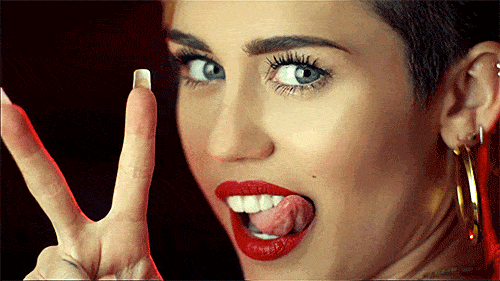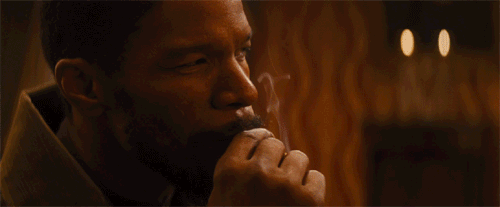You Can't Sit With Us...
- Ope Oduwole
- Jan 13, 2020
- 4 min read
Updated: Jan 7, 2022
Black History Month appears to be one of the few times veracious light can be shed on 'controversial' racial issues... And people have no choice but to listen. So for those who are aware, aren't aware and those who pretend not to realise- black culture has become an all-inclusive trend that, somehow, still excludes its originators. There are many ways it's both blatant and prevalent but taking a closer look at the appropriation in the arts is particularly disappointing, yet not surprising.

Literature
The dismay arises at the realisation that black culture being manipulated and used as an accessory isn't a new occurrence in the slightest- and literature is the prime example. Classic novels dating back to the 1800s utilise the black experience as the main narrative or minor subplot that is ultimately irrelevant to the story and therefore, unnecessary. It's almost impossible to move forward without mentioning the likes of Heart of Darkness by Joseph Conrad. The novella loudly and clearly expresses how the Congolese natives were seen by the English travellers as "savages" and further expressed how it was justifiable to kill them because they were verbally dehumanised first. The way in which the black people are illustrated is voyeuristic and fuelled by xenophobia from Conrad himself. Oddly enough, the words used to paint the natives are better suited to the sailors, but I digress.
The main argument is that despite authors like Harper Lee, Mark Twain and Joseph Conrad being white, they were able to portray the black lives in their era from a 'safe' distance and win Pulitzer Prizes and have awards named after them. To put it bluntly, they wrote about a way of life from an obstructed perspective that subconsciously acted as a barricade for black authors to tell their own stories, which held more truth and deserved more recognition- both then and now. Writers such as Frances Harper and Charles W. Chestnutt were vastly overlooked and disregarded as a consequence.
Music

The integration of black culture into music means that in recent years, hip-hop has monumentally shifted towards pop, and Drake is at the forefront of this movement. Before Drizzy, some hip-hop and rap songs would break occasionally into the mainstream or popular charts and eventually fizzle out, but Drake merged the two categories and bridged the gap for many white pop stars (guess who) to switch up their sound and their image along the way. Miley Cyrus is the first artist that comes to mind when discussing this topic. After splitting with Liam Hemsworth in 2013, Miley started dating producer, Mike WiLL Made-it who went on to produce her fourth studio album Bangerz. It's no secret that her sound changed massively and so did her public life. She openly admitted to smoking weed, became more explicit in interviews and drastically steered her dress sense in an 'ubran' direction- all of which is comparable with the typical perception of rappers.
The reason why black culture was evidently a trend in Miley's case was because after receiving numerous accolades and no.1s from Bangerz, her entire concept reversed to the 'girl who used to be on Disney Channel'. It was as if she was using black culture for success and reverted to how she used to be. The difference is that black hip-hop artists do not get the chance to revert and cannot assimilate in the same way Miley did. Don't worry Katy Perry, we see you too.
Film

Alas, the title becomes relevant. Just like how Regina George couldn't sit with the Mean Girls after she essentially created them, black people still aren't sitting at the table of those profiting from black culture. For example, Quentin Tarantino is a world-renowned director and writer who arguably capitalises on black culture (using one word in particular) as a factor to springboard his projects into the limelight. In return, it could be said that he is stealing the attention from black directors and writers who could better portray black characters in a less stereotypical fashion... Plus, they can say what he's not allowed to.
What do Scarlett Johansson, Zoe Saldana and Angelina Jolie have in common? The answer is racial ambiguity (apparently), and although there is beauty in looking like you can come from everywhere- in Hollywood, it means you can act as anyone. Whitewashing roles in film and TV also plays into benefitting from blackness without being black. The 2008 blockbuster Wanted, starred Angelina Jolie as Fox who was initially a black woman in the comic book miniseries and was allegedly based on Halle Berry. The role was rewritten to better suit Angelina Jolie with little fuss or dispute.
This article's purpose isn't to cancel Tarantino movies or prohibit reading To Kill a Mockingbird, rather- it is to take in certain narratives with a pinch of salt. Some books may only offer half the story; films might only give you a particular outlook and music nowadays doesn't even have to reflect who the artist truly is.

.png)



Comments